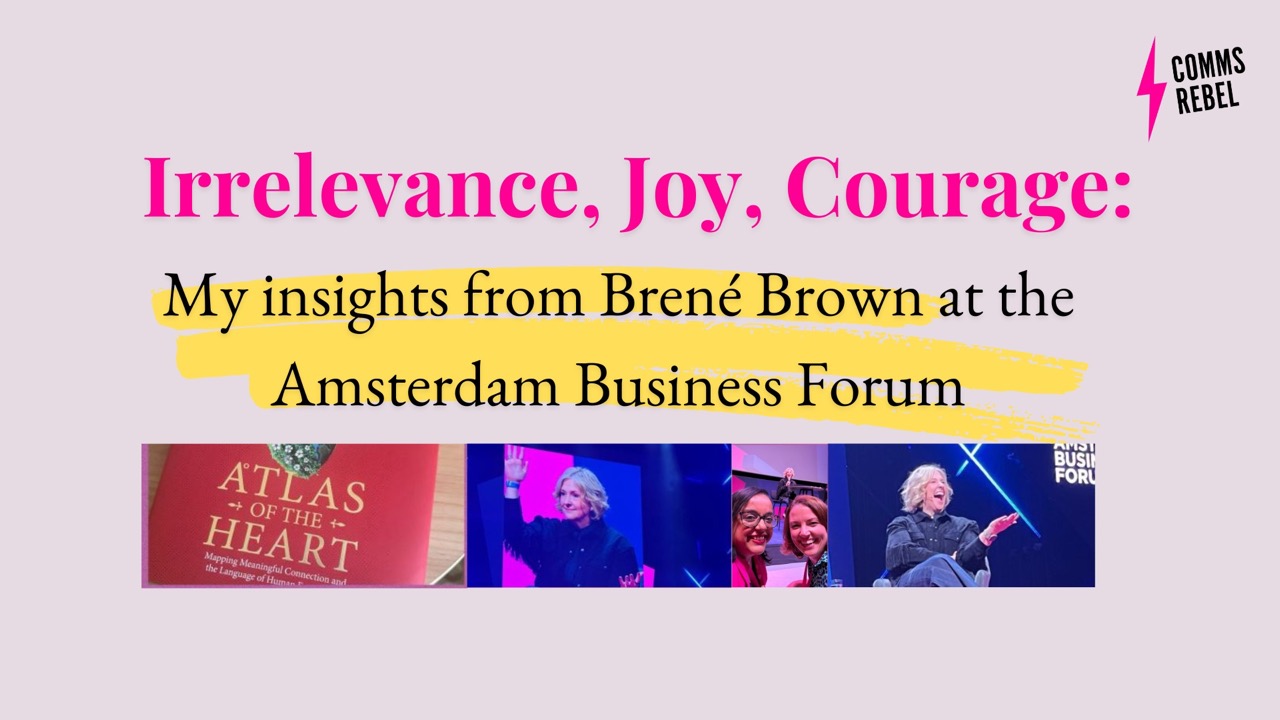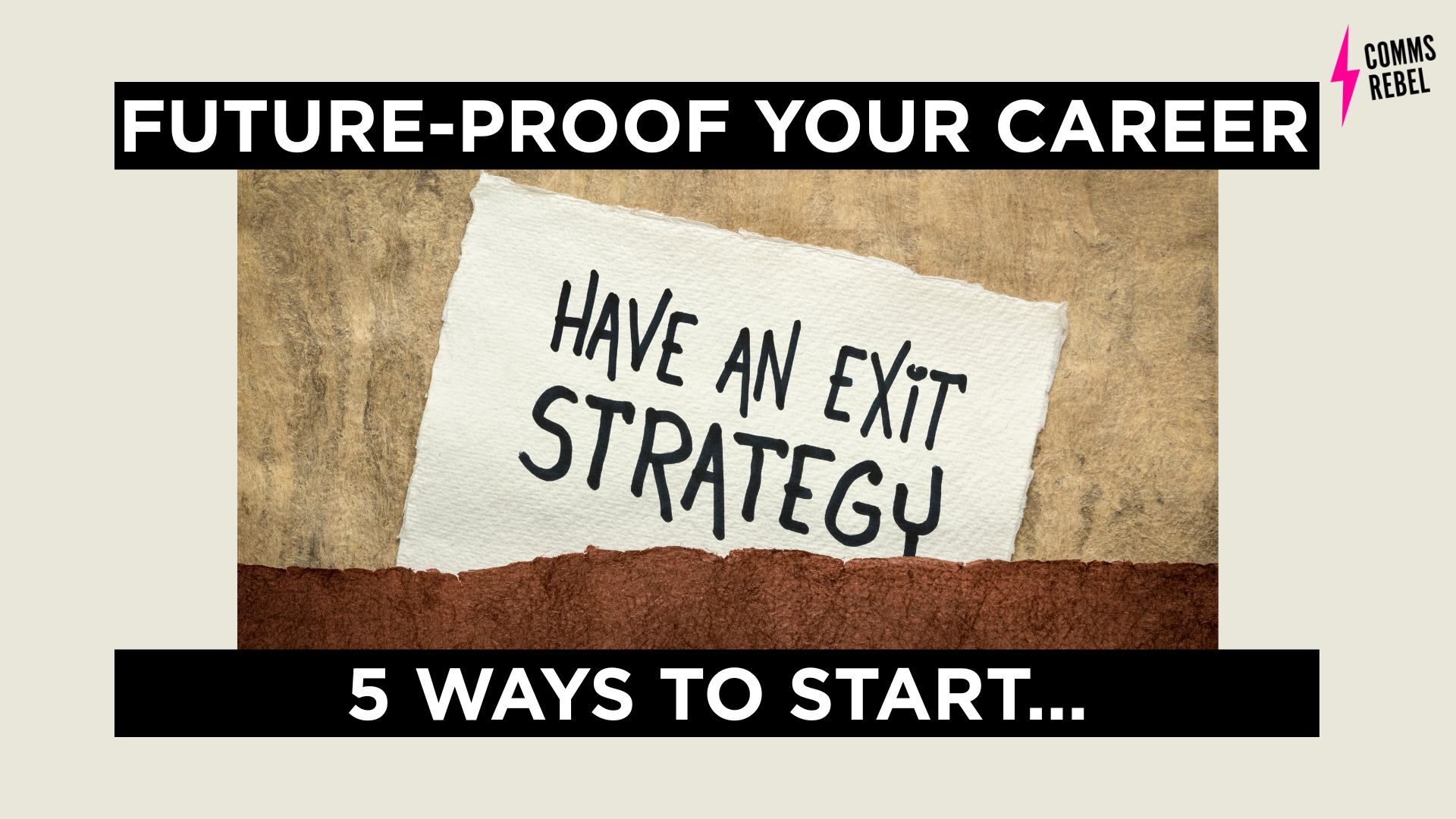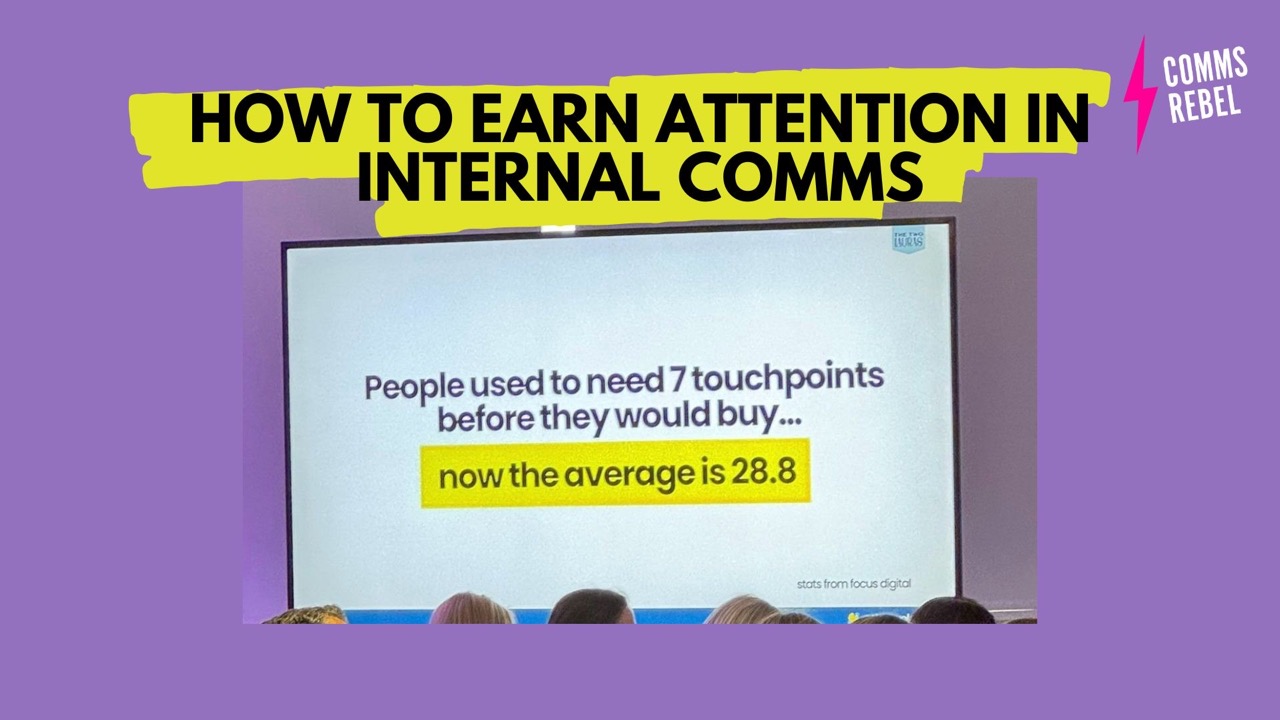As someone who frequently speaks on building inclusive workplaces and who wrote about Brené Brown’s BRAVING framework in my book (with permission), Building a Culture of Inclusivity, seeing her in person was nothing short of incredible. I’ve followed Brené’s work closely for years—her words have been a guiding light, shaping my understanding of leadership, vulnerability, and connection. So, when I learned that she would be speaking at the Amsterdam Business Forum’s Courageous Leadership event, I knew it was an opportunity not to be missed.
Here, I want to share five insights from Brené’s session that had the greatest impact on me, plus a bonus insight that I feel resonates with our need for more empathy in the world.
1. Fear of irrelevance: Our main shame trigger in professional life
For many of us, the fear of irrelevance is the most significant shame trigger. In her talk, Brené also discussed other triggers—deep-seated fears or insecurities that spark self-doubt, particularly in the professional arena. In terms of irrelevance, particularly in a world of constant change and growing competition, the thought of no longer being needed or valued can feel paralysing. This fear drives us to put on our “armour”.
This “armour” might manifest as toxic behaviour, hyper-competitiveness, or a reluctance to adapt. It’s a defence mechanism that shields us from the perceived threat of being left behind, but it ultimately makes us less connected, less authentic, and less capable of growth. Hearing this reminded me of the times I’ve seen otherwise talented people become rigid or defensive. The irony is that the “armour” meant to protect us from irrelevance often creates exactly that.
In my own journey as a Dare to Lead practitioner, I’ve learned that the only real antidote to this fear is a willingness to embrace vulnerability, let go of outdated habits, and adopt a mindset of continuous learning. Growth, after all, is the only true protection against irrelevance.
2. Joy is the most vulnerable emotion
Brené’s insight that joy is the most vulnerable emotion we experience was one of the biggest “aha” moments of the day. She described how joy, rather than sadness or anger, can make us feel uniquely vulnerable, mainly because we instinctively fear its loss. Our minds, Brené explained, often jump to worst-case scenarios when we feel joy. How many of us have experienced a fleeting moment of pure happiness, only to be overwhelmed by worry, as though we’re just waiting for something terrible to come along and snatch it away?
This sensation, Brené suggested, is what leads us to “forebode joy.” Rather than fully immersing ourselves in happiness, we guard against it, downplaying the good to avoid disappointment. As I reflected on this, I realised that limiting joy stops our ability to live fully. Joy is fleeting, yes, but it’s also a deep source of resilience. It’s really important to me to cultivate daily joy in all that I do but Brené’s words have inspired me to be even more mindful of my relationship with joy, to truly let myself savour it without attaching fear to it.
3. The rise of the “Curious Learner” over the “Knower”
Brené highlighted an essential shift underway in workplaces everywhere. Increasingly, we’re moving away from leadership defined by “knowers”—those who feel they have all the answers—and leadership by “curious learners,” who are unafraid to say, “I don’t know, but I’m willing to find out.” This evolution couldn’t come at a better time.
For so long, many workplaces have valued those who project certainty, even if it’s unfounded. Leaders were often expected to have answers, leaving little room for exploration or collective problem-solving. Today, however, the best leaders are those who cultivate curiosity, and model learning as an ongoing journey rather than a final destination. For me, this has reinforced the importance of keeping curiosity alive in my work, not only for my own development but to inspire others to do the same.
This aligns perfectly with inclusive leadership, where diverse perspectives thrive, and there’s room for everyone to bring their unique insights to the table. Leaders who prioritise learning create teams that are more adaptable, resilient, and innovative—a shift I believe is foundational for future-forward organisations.
4. The power of language in shaping culture
As someone passionate about building inclusive workplaces, I’ve long believed that language is a powerful agent of change. Brené discussed how cultural shifts in organisations start with language. She emphasised that before performance and behavioural shifts happen, the words we use need to reflect the values we want to live by.
In my book, I dedicated an entire chapter to language and its power to shape inclusivity. Words are not just a channel for communication—they’re tools that can either uplift or isolate, connect, or divide. If we’re looking to foster a culture of belonging, we have to start by choosing our words thoughtfully.
One way to do this is by establishing a shared language around values and behaviours within teams. Rather than ambiguous phrases, leaders can introduce specific terms that capture the ethos of the culture they want to cultivate, such as “courage,” “empathy,” or “curiosity.” When everyone speaks the same language of inclusion and respect, the actions tend to follow naturally, leading to meaningful, sustainable change.
5. Urgency as a barrier to focus
In today’s fast-paced world, urgency is often equated with importance, leading us to rush from one task to the next without giving our full attention to any of them. Brené spoke about how urgency, when left unchecked, creates what she called “unfocus.” This lack of clarity not only slows down our productivity but also wears away our sense of purpose.
One of Brené’s key points here was the importance of clearly defining what is urgent. What is truly essential for us to focus on today, tomorrow, and in the long run? She challenged us to recognise that urgency is a subjective feeling and that others may not view priorities in the same way.
Reflecting on this takeaway, I began considering how often I’m driven by external pressures rather than intentional priorities. In my work, I’ve learned that identifying the “why” behind tasks—why they matter, why they’re urgent or not—helps me approach them with more focus and energy. This is a great reminder from Brené; lead with intention rather than being led by the clock.
Bonus takeaway: Empathy, Empathy, Empathy
If there’s one thing I walked away with that’s worth repeating time and time again, is Brené’s belief that there is no such thing as too much empathy. In every aspect of life, work, relationships, leadership—empathy serves as a bridge that connects us. It reminds us of our shared humanity and breaks down the walls of misunderstanding and division.
For leaders, empathy is especially vital. It allows us to truly listen, to recognise others’ experiences and perspectives, and to create environments where people feel seen and valued. If we aspire to be courageous, vulnerable leaders, empathy is the foundation that holds it all together.
Final thoughts
Brené Brown’s talk was an experience I’m still digesting, but one thing is clear: her insights on courage, vulnerability, and leadership are as timely as they are timeless. They serve as a reminder that leadership is not about standing alone but about creating connection, seeking out new knowledge, and embracing the journey of growth.
Each of the takeaways I’ve shared—overcoming the fear of irrelevance, fully embracing joy, expressing curiosity, choosing language thoughtfully, and focusing amid urgency—are all lessons that will stay with me and guide my actions. Seeing Brené live, sharing her wisdom with all of us in the audience, was a gift. It reaffirmed my commitment to building more inclusive spaces, and it deepened my belief in the power of vulnerability as the foundation of courageous leadership.
Attending the Courageous Leadership event reminded me why I became a Dare to Lead practitioner in the first place. Brené Brown’s work continues to inspire me to lead with heart and to help others find the courage to do the same. For anyone seeking to make a difference, I cannot recommend her insights enough.
You can buy a copy of my book, Building a Culture of Inclusivity from online retailers including Amazon and Kogan Page.
CommsRebel can help you revolutionise workplace cultures from within. If you would like to cultivate a thriving inclusive culture so colleagues unleash their full potential, we can help! Please get in touch, and let’s have a chat.


